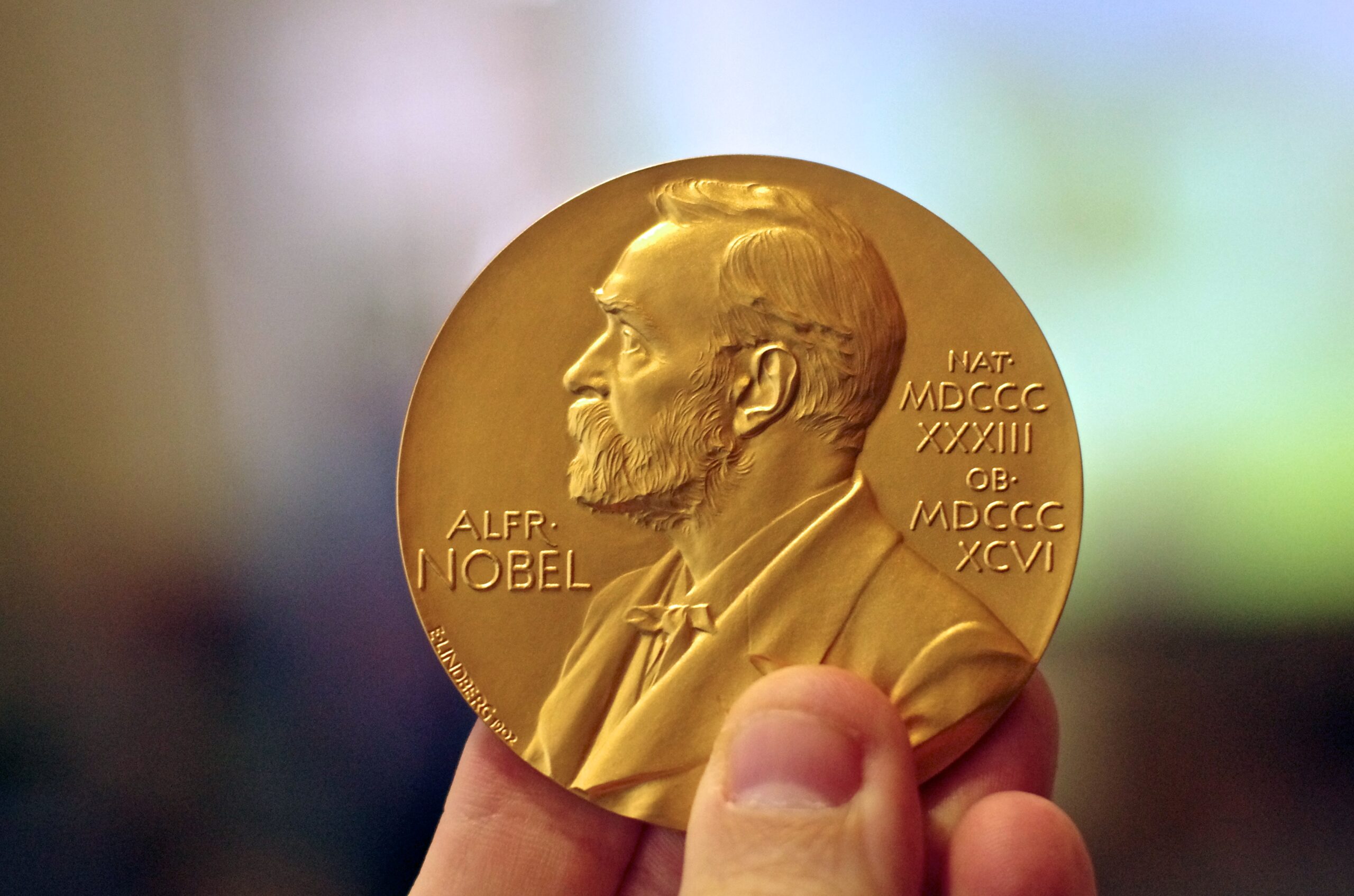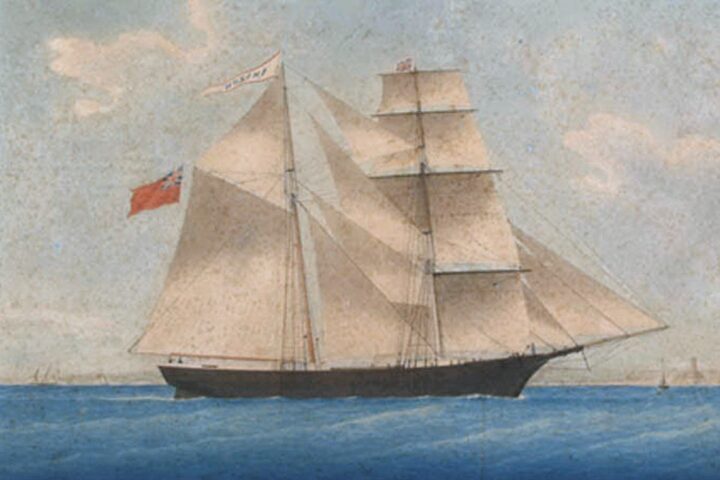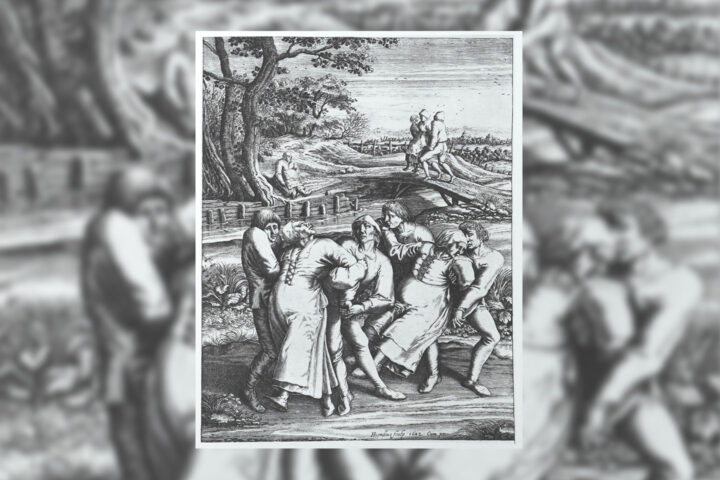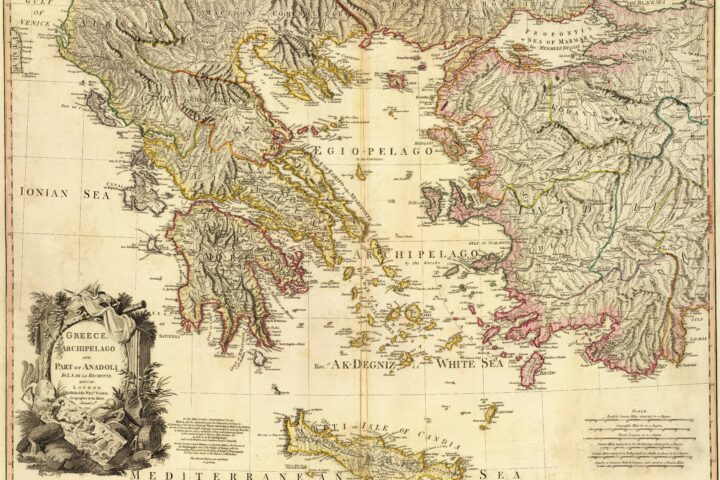Source: flickr_wikimediaNobel_Prize_Medal_in_Chemistry_By Adam Baker
Presented for the first time in 1901, it has been more than a century since the Nobel Prizes have been introduced and established as one of the most reputable awards on the globe. It is presented by the Royal Swedish Academy of Sciences and awarded for merit in one of six disciplines- physics, chemistry, peace, literature, economics, and Physiology/medicine. The winners receive a diploma, a monetary award, and a gold medal (shown in the picture above).
Over the years, we have seen numerous worthy candidates receive the honor in recognition of their services for the benefit of mankind. But has the Nobel Prize remained untainted by controversy and scandals? Not quite so.
Premonition of death?

Source: https://www.flickr.com/photos/adavey/42232580011
The very founder of the Nobel Prize, Alfred Nobel, became a subject for controversy and gossip soon after he introduced the awards.
Many of the readers might already know that Alfred Nobel was the inventor of dynamite. This is very ironic considering he also wished for a prize to be awarded for peace. This was obvious to the onlookers back then as well: Nobel didn’t have the best reputation.
This was what set the stage for an upcoming fiasco. Sometime later, Alfred Nobel’s brother died and a French newspaper took to reporting the incident. Only issue was that they got confused between him and his brother. The next day, the headline used was “The merchant of death is dead.”
This merchant mentioned here is Nobel who was still very much alive! To rub salt on the wound, the newspaper also added that Nobel “became rich by finding ways to kill more people faster than ever before.”
A gender bias
Another significant fault that has been pointed out by critics is the gender discrepancy that has been noted. Up till now, only 61 women have been awarded the prize out of a total of 900 recipients.
In 1967, Jocelyn Bell Burnell discovered pulsars successfully and wrote a proper paper with her advisor, Antony Hewish about the discovery. She wasn’t awarded the prize. Just a few years later in 1974, Hewish collaborated with a colleague, Martin Ryle, and was awarded the Nobel Prize for Physics for- you guessed it- the discovery of pulsars.
Another story is from the 1957 Nobel Prize for Physics. Chien-Shiung Wu and her graduate student, Irving Shaknov worked on a cyclotron to create antimatter to find proof for a theory made by physicist John Wheeler. They weren’t the first people to try; they were the first ones to succeed. Wu was known for her precision and lived up to the expectations when they discovered more than what had been acquired by the ones before them. This was but one of her contributions for nuclear and particle physics. She also helped discover parity violation.
She wasn’t credited for either of these merits. The Nobel was awarded to her male colleagues in 1957 for the discovery of parity violation. Later in 2022, the Nobel committee honored experimental work done by male physicists for developing previous explanations regarding these topics. Historians agree that Wu was the first one to document entangled photons but no credit was awarded to her.
Six times the charm
Initially awarded for distinction in physics, chemistry, literature, physiology/medicine, and peace, the Swedish Central Bank made a donation in 1968 to establish a prize in economics. So, now we have six categories for the prize. What of subjects like mathematics, arts, environmental science, and more? This is a question which many have wondered about for many years.
But the response has been the same. The Nobel’s board has no interest in adding any new category and has decided “not to permit new additions”. There was also one myth which was created to answer why there is no prize for mathematics. Many believed that this was because Alfred Nobel’s wife and a brilliant mathematician had an affair. This was thwarted of course- Nobel didn’t ever get married!
“Put it down!”
Many-a-times some awardees were made to decline the prize because their governments intervened and made them decline the prize.
Russian writer Boris Pasternak had been awarded the prize for his work Doctor Zhivago. He had accepted the prize but was later forced by the Soviet government to refuse it.
Hitler also made three Germans refuse the prize money. This happened in the 1930s when Richard Kuhn, Adolf Butenandt, and Gerhard Domagk were elected as winners for individual contributions in their respective disciplines. Kuhn was a chemist who had worked on vitamins, Domagk discovered the first antibiotic which became commercially available, and Butenandt was another chemist who had worked on sex hormones.
Hitler for Peace

Source: https://commons.wikimedia.org/wiki/File:Hitler_portrait_cropped_AI_upscaled_(cropped).png
Speaking of Hitler, can you imagine him getting the Nobel prize for peace? What if I tell you someone actually nominated him for the prize?
Shocked? I was bewildered too when I read about this. But some Swedish legislator had actually nominated Hitler as a joke for the peace prize in 1939! Obviously, no one liked such humor and there was much criticism. The nomination was removed quickly.
Now what if I tell you someone had voted for Joseph Stalin for the peace prize in 1945 and 1948? That too in all seriousness?! He didn’t win, of course.
“I don’t want it”
Anyone would love to receive a Nobel, right? Not everyone!
There are two Nobel Prize awardees who have actually declined the prize because of their own reasons.
Jean-Paul Satre was declared winner of the Nobel Prize in Literature in 1964 because of his brilliance and far-reaching influence. He declined this award citing personal and objective reasons. The second person was Le Duc Tho who was awarded the prize for Peace for working in the Paris Peace Talks that led to a ceasefire in the Vietnam war. He was awarded along with Henry A. Kissinger but Kissinger didn’t show up for the ceremony while Tho declined the prize. The reason Tho gave was simple- “Peace has not yet been established.”
Resources
- Rees, M. (2022, October 27). The Problem With the Nobel Prizes. TIME; Time. https://time.com/6225572/nobel-prizes-problem/
- Locke, S. (2014, October 6). How the Nobel Prize became the most controversial award on Earth. Vox; Vox. https://www.vox.com/2014/10/6/6895363/nobel-prizes-winners-controversies-explained
- Milica Radenkovic. (2015, October 19). 6 Nobel Prize Winners Who Declined The Prize. Insider Monkey; Insider Monkey. https://www.insidermonkey.com/blog/6-nobel-prize-winners-who-declined-the-prize-378453/?singlepage=1
- 7 Nobel Prize Scandals | Britannica. (2024). In Encyclopædia Britannica. https://www.britannica.com/list/7-nobel-prize-scandals
- The Nobel Prize amounts. (2023). NobelPrize.org. https://www.nobelprize.org/prizes/about/the-nobel-prize-amounts/
- Frank, M. (2023, April). The Little-Known Origin Story behind the 2022 Nobel Prize in Physics. Scientific American; Scientific American. https://www.scientificamerican.com/article/the-little-known-origin-story-behind-the-2022-nobel-prize-in-physics/














